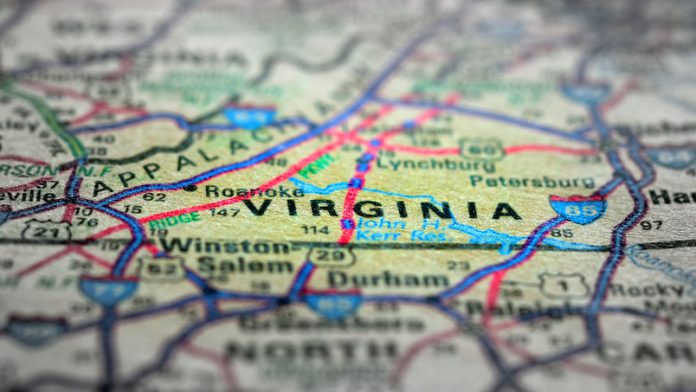Virginia boasts the potential of becoming one of the US’ biggest sports betting markets, capable of generating more than $5bn in annual wagers, $400m in annual operator revenue, and $60m in annual state taxes by the market’s third year.
Virginia launched as a solely online market, and, though regulators have allowed for the launch of brick-and-mortar sportsbooks, it is said that online betting should account for close to 90 per cent of all bets once the market matures.
Projections by PlayVirginia suggests that Old Dominion will gain over $13m in handle, nearly $1bn in revenue, and more than $125m in state taxes over its first three years
“Virginia is well-positioned, not only because it is a relatively large market, but because it will likely capitalise on Washington DC, a legal market that has left some bettors frustrated,” said Eric Ramsey, analyst for PlayVirginia.com.
“In addition to Washington DC, Virginia may also draw from Baltimore — at least until Maryland launches sports betting, as well as North Carolina.
“Having so many large markets so close by has been a boon for states like New Jersey, the nation’s largest sports betting market, and Indiana.”
The state’s regulatory framework calls for a 15 per cent tax rate on sports betting revenue, which is a higher rate than most states.
New Jersey taxes online sports betting at 13 per cent, Tennessee imposes a 20 per cent rate, and Pennsylvania, the third-largest market in the US, also boasts the nation’s highest tax rate at 36 per cent.
“Virginia has undergone one of the greatest transformations in history by going from a state with few gambling options to a wide-open state that will allow for online betting and retail casinos,” said Dustin Gouker, analyst at PlayVirginia.com.
“Obviously, Virginia has had the benefit of seeing what has worked in other states. And that has resulted in a regulatory framework that should foster its long-term success.”
When online sportsbooks began taking bets in January, Virginia joined 19 other states and Washington DC to launch some form of legal sports betting.
“Virginia’s market is still untested, but it seems to be off to a great start,” Ramsey added. “We’ve seen states like Colorado, which was largely untested, too, flourish in large part because the openness of a new jurisdiction without dominant players is so appealing for operators.
“Ultimately a robust and competitive market benefits consumers while making the industry a reliable revenue producer for the state for years to come.”











